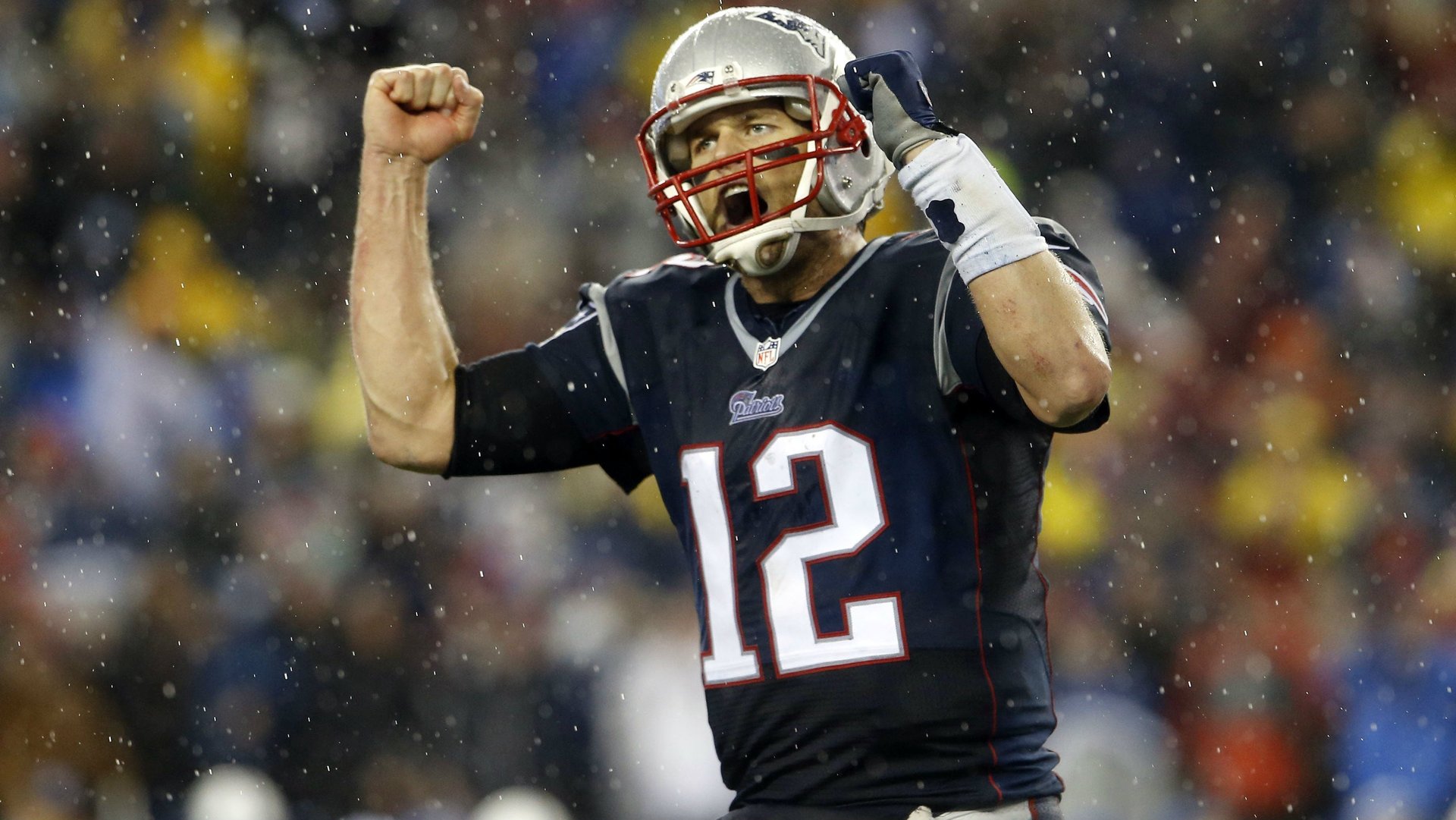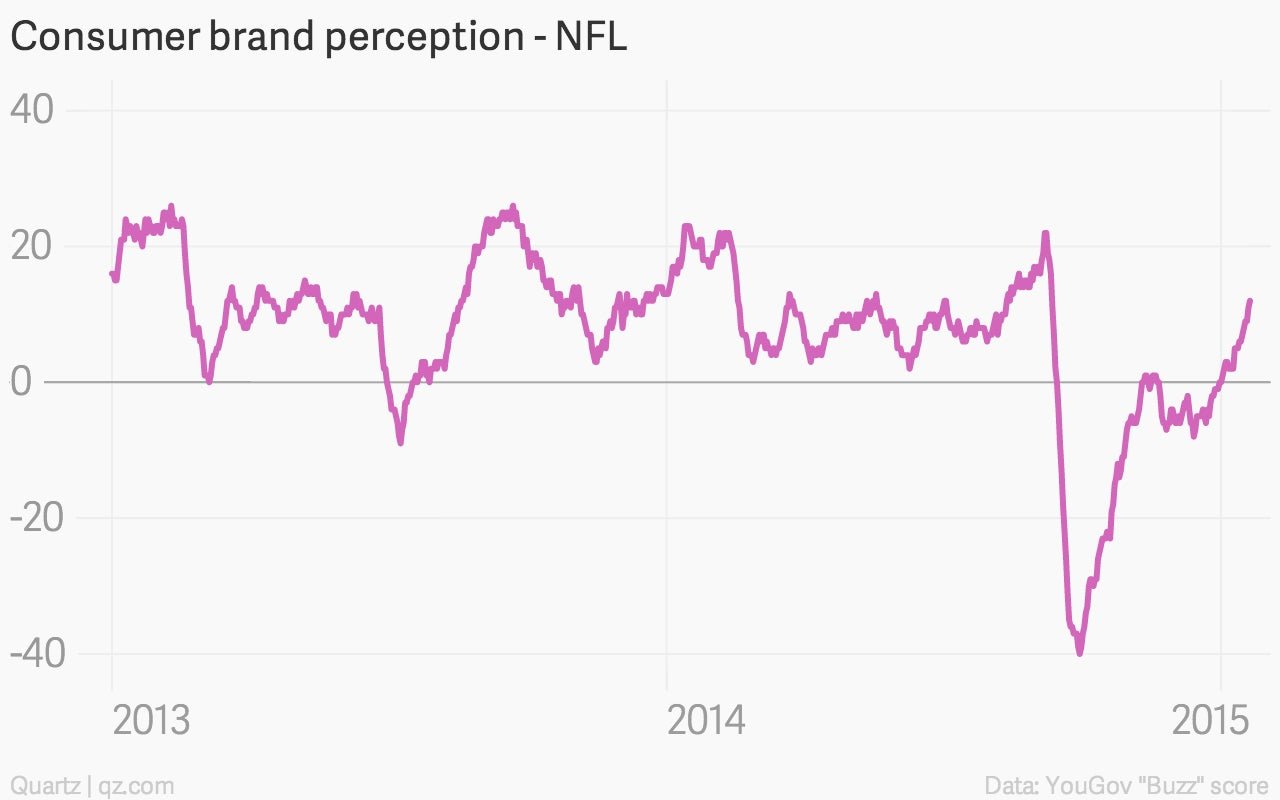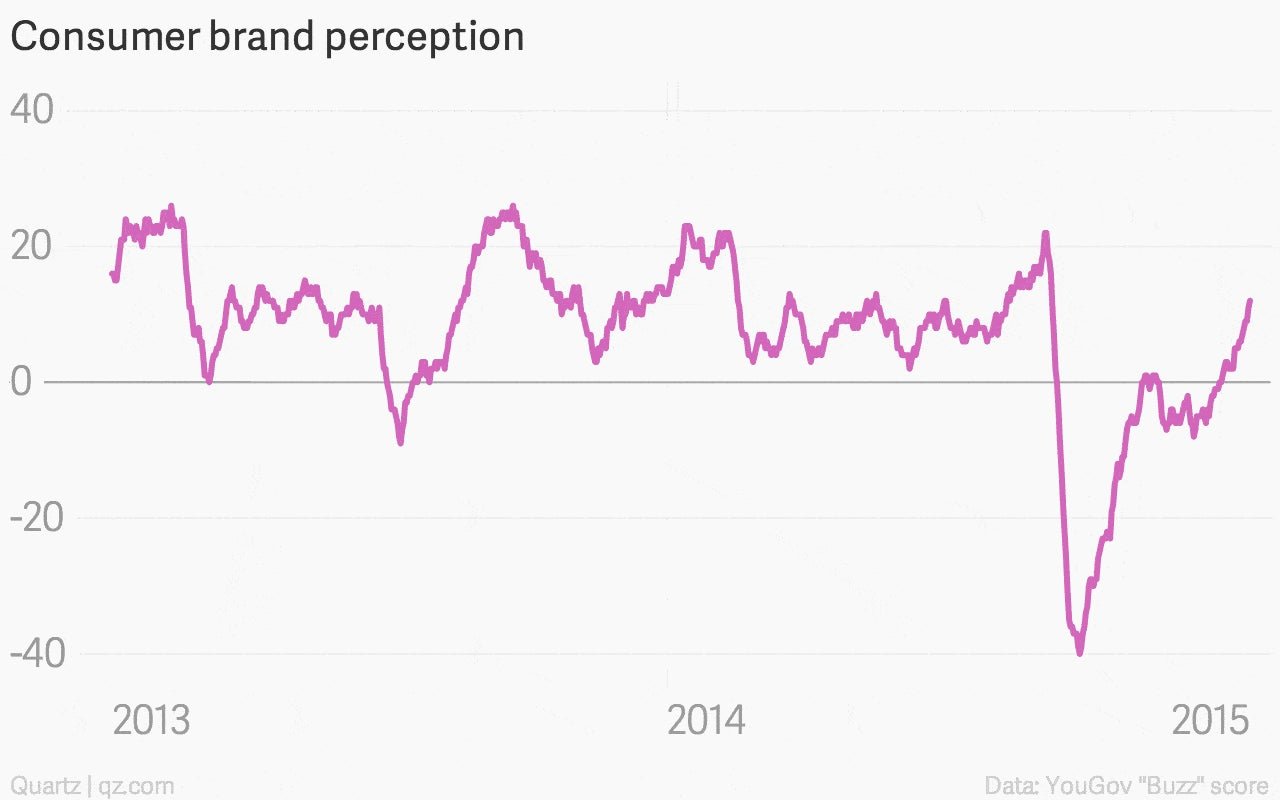America has already forgiven the NFL
In less than two weeks, the 49th edition of America’s SuperBowl, the National Football League’s highly extravagant annual championship game, will take place in Arizona, capturing the country’s attention like no other sporting event can.


In less than two weeks, the 49th edition of America’s SuperBowl, the National Football League’s highly extravagant annual championship game, will take place in Arizona, capturing the country’s attention like no other sporting event can.
The game, with its celebrity-heavy halftime show and over-the-top commercials, will almost certainly draw the largest television audience in the US this year. And since it will feature two big-market teams and a compelling narrative, it might well break last year’s record as the most watched show in US TV history.
In that light, the extremely damaging and very disturbing scandals that rocked America’s favorite spectator sport to its very foundations just a few months ago seem like a distant memory.
America has a complicated relationship with football. And this is perfectly reflected in fresh data from YouGov, a market research firm.

(YouGov’s Buzz score measures consumer perceptions of brands, on a scale of negative 100 to 100, the latter being completely positive, zero being neutral, and minus 100 being completely negative).
As you can see, the perception of the NFL among consumers took a huge dive earlier in the season when the Ray Rice/Roger Goodell and Adrian Peterson domestic violence scandals were at their nadir. Then the season progressed, and people seemed to get excited about the game of football again.

Now, following some highly entertaining and genuinely classic playoff games, the NFL finds itself with more favorable ranking than its closest peers in professional sports, Major League Baseball (still in its offseason) and the National Basketball Association (NBA). Although the NFL’s brand is well short of where it was this time a year ago, both in absolute terms and relative to other leagues, this is is an astonishing comeback, and not in a good way.
This week the NFL media is enraptured by a mini-scandal over deflated footballs. This pales in significance to 1) the two deeply troubling domestic violence scandals (and credibility-busting allegations of a cover up by the league’s top brass) that dominated coverage earlier in the season; and 2) actual evidence (paywall) that emerged during the season that on-field violence has a lasting impact on many players mental health.
These issues led to serious questioning of the morality of watching the NFL and put its fervent supporters in doubt.
Those doubts may return. There’s just no sign of them in TV ratings or market research as the country prepares for a national ritual.